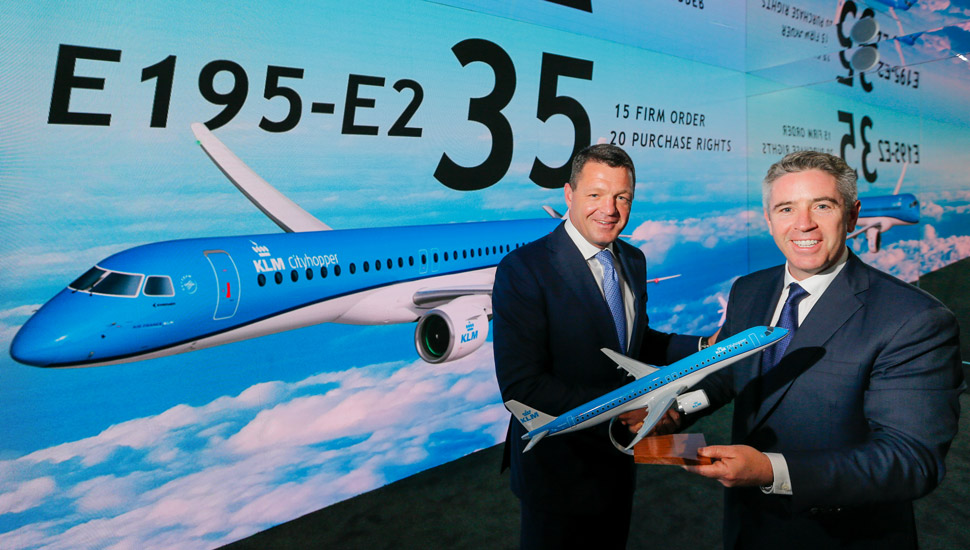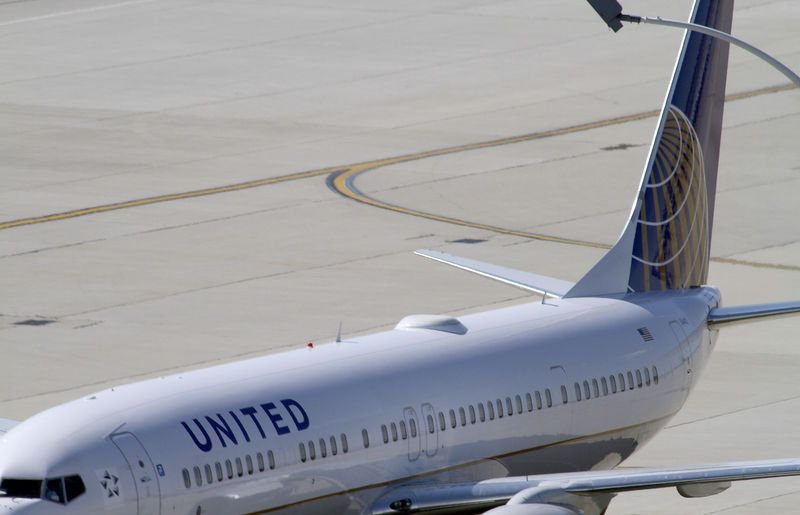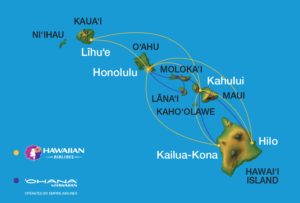LONDON and SOUTHLAKE, Texas, Dec. 4, 2019 /PRNewswire/ — Wizz Air (PNK: WZZAF) Europe’s greenest airline and leading low cost carrier in Central Eastern Europe, has selected Sabre Corporation (NASDAQ: SABR), the leading technology provider to the global travel industry, as a strategic partner to enhance its network planning and scheduling technology. With this new agreement, Wizz Air joins a portfolio of more than 80 airlines that have implemented Sabre’s leading technology to optimize complex schedule and slot management processes.
Sabre has a strong reputation in driving results through its intelligent planning and scheduling solutions. Empowering collaborative and intelligent decision-making, Sabre AirVision Schedule Manager helps airlines build and deliver robust, accurate and operationally feasible schedules across their networks. This proven solution has helped airlines achieve up to 9% incremental operating profit and up to 12% increase in productivity.
Wizz Air has implemented Sabre AirVision Slot Manager and Schedule Manager, equipping it with the right mechanisms to reduce the risks of losing valuable historic slot rights, while enabling increased productivity and a fast response to rescheduling.
“Adopting the right planning and scheduling technology has a significant impact on revenue optimization and cost reduction, as well as running a robust and efficient operation,” said George Michalopoulos, chief commercial officer at Wizz Air. “Sabre’s end-to-end planning and scheduling suite provides Wizz Air with the intelligence and flexibility needed to deploy optimized schedules.”
Sabre’s agreement with Wizz Air reflects its ongoing investment in creating technology solutions that are perfectly adapted to the requirements of different airline business models. With a customer community that includes a portfolio of airlines in the network, low-cost and ultra-low-cost categories, Sabre is consistently driving innovation through its partnerships.
“Wizz Air has a solid and ambitious plan for profitable expansion, and therefore needed a strong technology partner,” said Alessandro Ciancimino, vice president sales Europe, Travel Solutions, Sabre. “Sabre’s suite of technology helps airlines to get schedules to market faster, rapidly respond to market conditions in real time, and more efficiently manage a growing network of routes – which will help it position itself competitively, and differentiate itself among increased competition.”
About Sabre Corporation
Sabre Corporation is the leading technology provider to the global travel industry. Sabre’s software, data, mobile and distribution solutions are used by hundreds of airlines and thousands of hotel properties to manage critical operations, including passenger and guest reservations, revenue management, flight, network and crew management. Sabre also operates a leading global travel marketplace, which processes more than US$120 billion of global travel spend annually by connecting travel buyers and suppliers. Headquartered in Southlake, Texas, USA, Sabre serves customers in more than 160 countries around the world.
About Wizz Air
Wizz Air, the largest low-cost airline in Central and Eastern Europe, offers more than 700 routes from 25 bases, connecting 152 destinations across 44 countries. A team of more than 5,000 aviation professionals delivers superior service and very low fares making Wizz Air the preferred choice of 38 million passengers in the past 12 months. WIZZ operates an all-Airbus fleet of 120 aircraft. Its A320s are equipped with 180 seats, its A321s with 230 seats and its A321neo aircraft with 239 seats. According to the latest data of the Swiss airline intelligence provider CH-Aviation, Wizz Air has one of the youngest airline fleets in the world.



